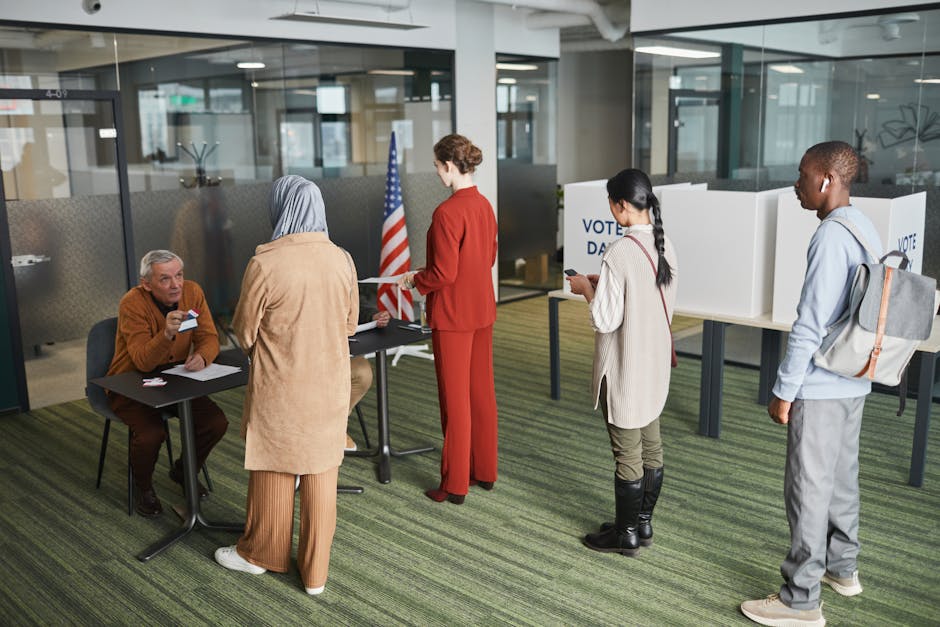The world we inhabit today is a complex tapestry, intricately woven from the threads of past political events. Understanding this intricate relationship is essential to comprehending the present landscape of global politics and the challenges we face. From the Enlightenment to the Cold War, historical events have profoundly influenced contemporary political structures, societal norms, and international relations. This article will delve into this intricate connection, exploring key historical periods and their enduring impact on the world we know.
A crucial starting point is the Enlightenment. This intellectual movement, flourishing in the 17th and 18th centuries, fostered ideals of liberty, individual rights, and popular sovereignty. These concepts, initially debated in salons and scholarly circles, fundamentally reshaped political thought and laid the groundwork for modern democracies. The American and French Revolutions, direct offshoots of Enlightenment thought, demonstrated the potential for citizens to challenge oppressive regimes and establish governments based on popular consent. The principles of liberty and equality, though often imperfectly realized, remain cornerstones of modern political systems, influencing struggles for self-determination across the globe.
The Industrial Revolution, a period of unprecedented technological advancement, also significantly reshaped the political landscape. The rise of industrial capitalism brought with it new social classes, economic disparities, and political ideologies. Socialism and communism emerged as responses to the perceived injustices of industrial society, offering alternative models for organizing production and distribution of resources. These competing ideologies fueled conflicts and shaped the political trajectories of numerous nations, ultimately contributing to the rise of the Cold War.
The 20th century witnessed an escalation of global political conflicts. The two world wars, devastating events that reshaped the map of Europe and beyond, had enduring impacts. The aftermath saw the rise of international organizations, such as the United Nations, in an effort to prevent future conflicts. The experiences of the war also fostered a sense of collective responsibility for maintaining peace and security on a global scale. The creation of the European Union, a response to the horrors of war, stands as a prime example of how historical events can inspire the formation of supranational entities dedicated to cooperation and preventing future conflicts.
The Cold War, a period of geopolitical tension between the United States and the Soviet Union, left an indelible mark on the contemporary world order. The ideological struggle between capitalism and communism profoundly shaped international relations, resulting in proxy wars, nuclear proliferation, and an enduring atmosphere of mistrust. The legacy of the Cold War continues to influence international power dynamics, with the struggle for influence, resources, and strategic advantage still a significant factor in global politics today. The collapse of the Soviet Union, a pivotal moment in the late 20th century, dramatically altered the world order, and the subsequent rise of globalization further complicated political realities.
Beyond these major historical events, numerous smaller events, seemingly insignificant at the time, have had a profound impact on the present. The decolonization movement, for example, challenged the existing global power structures and resulted in the emergence of new nations. These newly independent states faced unique challenges in establishing their own identities and political systems, often shaped by the legacies of colonialism. The struggles for human rights and equality, often rooted in historical injustices, continue to influence political discourse and activism in the present day.
Examining specific historical events through a comparative lens offers valuable insights. The differing paths taken by Germany and Japan following World War II illustrate contrasting responses to conflict. Germany, under international pressure and with internal reforms, embraced democratic values and fostered economic reconstruction. Japan, in a unique context, rapidly rebuilt its economy and became a global economic power. These examples showcase how historical circumstances and choices can significantly shape the future trajectories of nations.
The influence of past political events is not always direct or immediate. Often, the impact is subtle, manifesting in cultural values, political institutions, and international relations. The legacies of historical injustices, for example, continue to affect present-day social and political dynamics, manifesting in issues of inequality, discrimination, and the struggle for justice. Understanding these historical legacies is crucial for fostering empathy, understanding, and responsible decision-making in the present.
The interplay between historical context and contemporary challenges is evident in many contemporary political crises. The rise of nationalism, for example, often stems from historical grievances and anxieties about identity and security. The ongoing struggles for self-determination in various regions reflect the lasting impact of past colonial and imperial structures. Analyzing these contemporary challenges in the context of historical precedents can provide valuable insights into their root causes and potential solutions.
In conclusion, past political events are not simply historical curiosities but rather fundamental determinants of the world we inhabit today. From the Enlightenment to the Cold War, each period has left an indelible mark on our political systems, societal values, and international relations. Understanding the impact of historical events empowers us to grapple with contemporary challenges in a more informed and comprehensive manner. Recognizing this historical continuity allows us to better understand the complex web of influences that shape the present, and hopefully pave the way for a more just and peaceful future.












